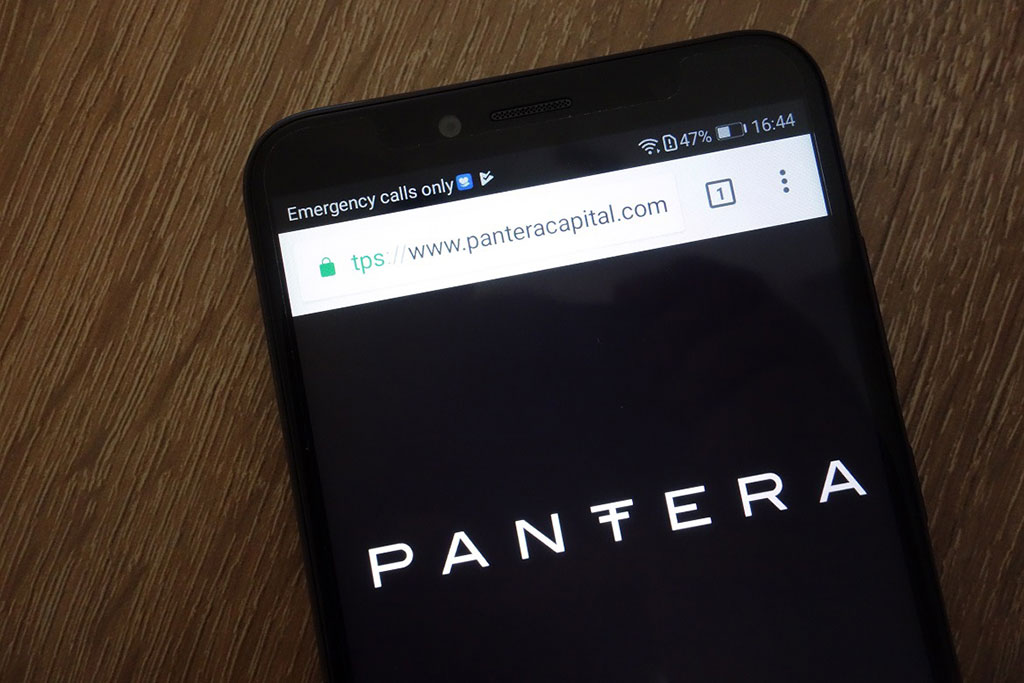In a rapidly evolving consulting industry, generative AI tools like ChatGPT are transforming the way strategy consultants operate. While some fear the eventual obsolescence of their profession, these tools are currently seen as valuable assets that augment consultant capabilities rather than replacing them. This article delves into how strategy consultants can leverage ChatGPT effectively, providing tips, commandments, and recommended reading to maximize the benefits of this technology.
Leveraging ChatGPT for strategic consulting
Strategy consultants are increasingly integrating generative AI tools like ChatGPT into their workflow to enhance their problem-solving and information-gathering abilities.
Consultants can start by seeking suggestions for enhancing their project documents or reports. By presenting a specific project, its nature, and target audience, they can request ChatGPT to identify potential areas of improvement. Politeness is advised when interacting with the AI.
Efficiently summarizing meeting or interview minutes can be a time-consuming task. Consultants can use ChatGPT to convert lengthy notes into concise and easy-to-understand bullet points. This streamlines the information for analysis, focusing on pain points and key takeaways.
For consultants working on projects with multiple sub-streams, generating project titles can be challenging. ChatGPT can assist by providing a list of potential titles, making project organization more effective.
Consultants often deal with a plethora of success factors in their projects. ChatGPT can categorize these factors into distinct groups and provide brief definitions for each category, enhancing project clarity.
To stimulate creativity and idea generation, consultants can request ChatGPT to provide additional ideas related to a specific topic or problem statement. This expands the range of potential solutions beyond the initial brainstorming.
ChatGPT can assist in locating relevant quotes and examples from business leaders to support an analysis or statement. This can add credibility to a consultant’s recommendations.
Consultants can request ChatGPT to explain complex concepts in simple terms using metaphors, making it easier for clients and stakeholders to grasp intricate ideas.
The 10 commandments of using ChatGPT in consulting
While ChatGPT offers valuable support to consultants, there are essential guidelines to follow to ensure its effective and responsible use:
Avoid using ChatGPT as a search engine
ChatGPT is not a substitute for traditional search engines. It should be employed for generating content and insights, not searching for raw information.
Use ChatGPT for general examples
Consultants should view ChatGPT as a tool for providing general examples and ideas rather than specific, verified data.
Verify and validate responses
Consultants must critically evaluate ChatGPT’s responses and validate the information, as the AI may produce inaccurate or misleading content.
Understand the technology
Consultants should refrain from anthropomorphizing the AI and instead grasp the underlying statistical technology behind ChatGPT.
Prioritize human expertise
While ChatGPT is a valuable tool, human expertise, judgment, and experience should always be prioritized in the consulting process.
Provide context
Offering relevant background information to ChatGPT ensures that responses align with the project’s specific requirements and objectives.
Iterate and refine
Consultants should use ChatGPT’s responses as starting points and iterate on them, refining the generated content to meet the project’s standards.
Embrace brainstorms and workshops
Leveraging ChatGPT in brainstorming sessions and workshops can enhance collaboration and idea generation among consultants and clients.
Enjoy the process
Consultants should embrace the possibilities offered by generative AI tools like ChatGPT and recognize the excitement of exploring this transformative technology.
Exercise caution with sensitive data
Consultants must exercise discretion and avoid sharing sensitive or confidential information with ChatGPT, ensuring data security and client trust.





